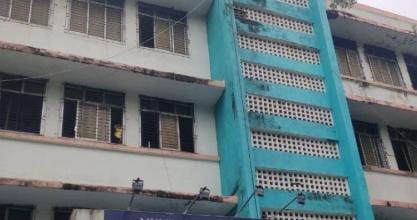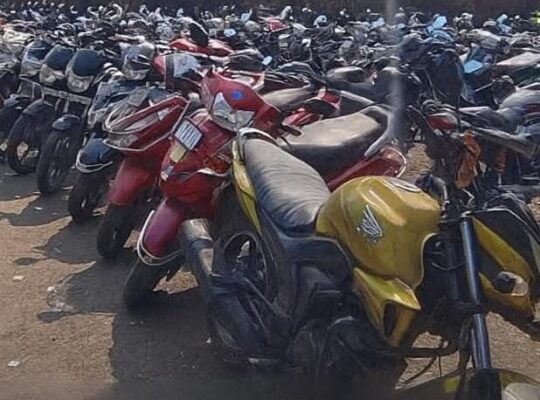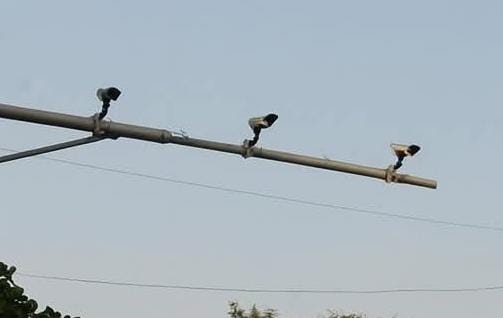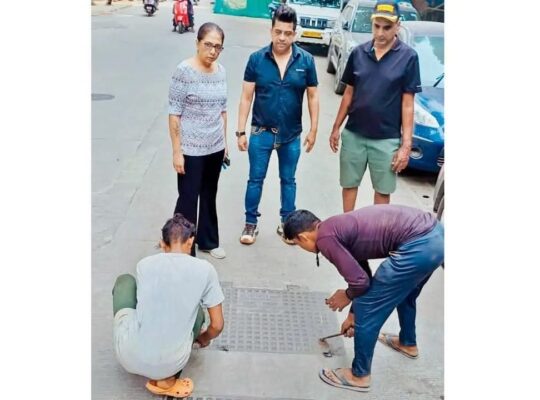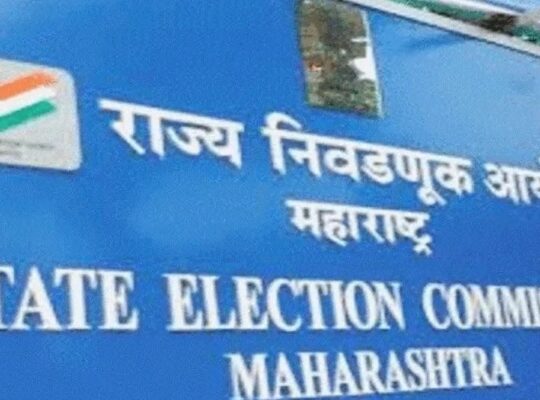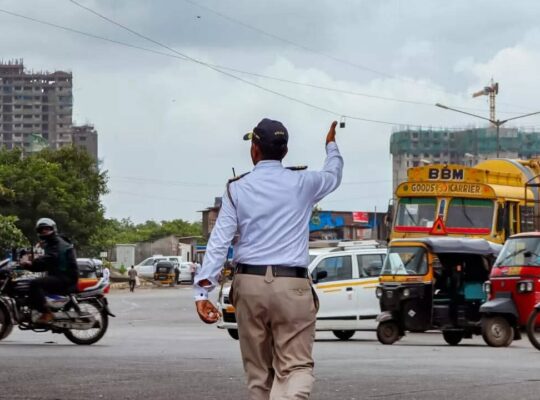Mumbai :- In a significant disruption to education in Colaba, Mumbai, a municipal corporation-run school has been ordered shut, leaving more than 2,000 students without classes as they remain at home. The Brihanmumbai Municipal Corporation (BMC) closed the institution citing severe structural concerns within the school building, raising alarms about the safety of children.
Parents, local residents, and civic activists are calling for immediate alternate arrangements, including temporary classes until the facility is made safe or rebuilt. Educational authorities are under pressure to ensure students can continue learning without further delay.
Key Highlights:
The Colaba municipal school served circa 2,000–2,700 students, making it one of the largest BMC-run vernacular institutions in the area .
Facility issues reported include crumbling infrastructure, leaking roofs, and cracked walls, prompting safety concerns that led to the BMC’s decision to officially declare the building unsafe.
The abrupt closure has affected the learning environment for students from grades 1 to 10, many of whom are from economically disadvantaged backgrounds and rely on accessible municipal education.
The closure adds to a broader trend: over the past decade, BMC has shut down 32 vernacular medium municipal schools, primarily affecting Marathi and Urdu-speaking communities .
Civic groups and parents are urging the BMC and the Maharashtra education department to provide alternative schooling facilities or temporary learning centers, while expediting building repairs or reconstruction.
Why This Matters:
This shutdown highlights ongoing challenges in municipal school infrastructure in Mumbai, especially in older urban zones like Colaba. These schools often support children from less privileged backgrounds, and closures of this nature risk severely disrupting their education.
What Happens Next:
Parents and local educational groups are demanding interim arrangements, such as satellite classrooms in nearby facilities or temporary shifts in nearby vernacular schools.
The BMC has indicated that structural assessments and renovation work will begin soon.
Education authorities may need to rethink long-term solutions for aging school buildings, prioritizing student safety and uninterrupted access to education.
This closure adds urgency to ongoing debates about municipal infrastructure, vernacular education access, and the need for robust emergency plans to support large student populations in aging school buildings.

